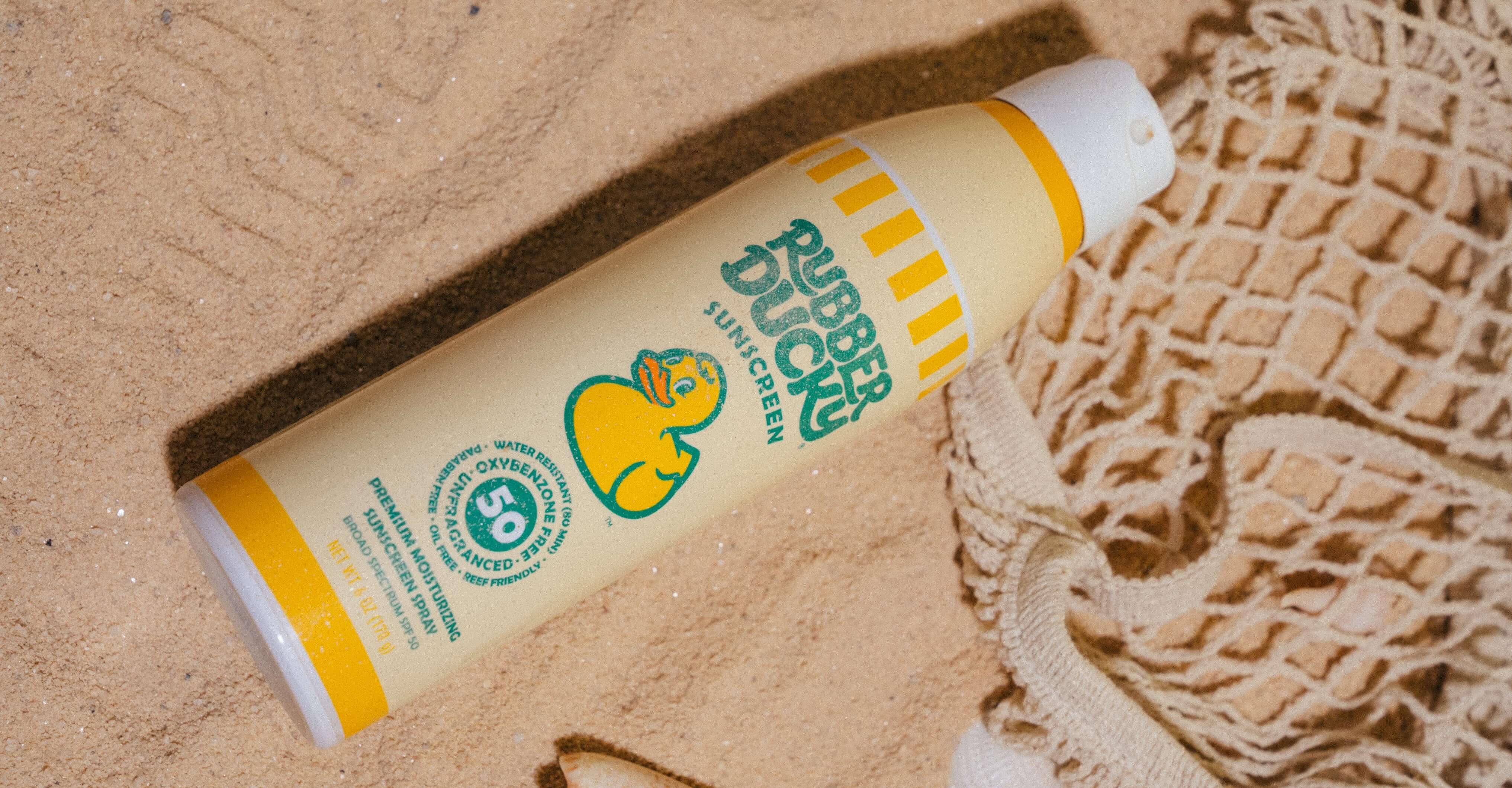
FAQ
Please see our Shipping & Return Policy page for current information. Please know that we do our best to answer any questions on the website, but if you need additional information, please reach out to us via our Contact Us form.
Please take a look at each individual product for product details, ingredients and overall awesome characteristics.
Absolutely not.
Yes, all of our products are made in the United States using both domestic and foreign componentry.
Sunscreen is crucial for protecting your skin from the harmful effects of UV radiation. It helps prevent sunburn skin aging, and reduces the risk of skin cancer.
SPF stands for Sun Protection Factor. It measures a sunscreen's ability to protect your skin from UVB rays. Higher SPF numbers provide more protection.
UVB rays cause sunburn, while UVA rays lead to premature aging and can damage the skin deeper. A broad-spectrum sunscreen protects against both types of rays.
Apply sunscreen 15-30 minutes before going outdoors. Be sure to check the product packaging for directions on reapplication.
Yes, but choose a sunscreen specifically formulated for kids, with gentle ingredients and a high SPF. We also recommend consulting your physician before using any sunscreen on babies.
Traditional sunscreens absorb UV rays, while mineral sunscreens sit on top of the skin to create a physical barrier to reflect and scatter the rays. Both types are effective, but some prefer physical sunscreens for sensitive skin.
We don’t recommend it. It's best to avoid using expired sunscreen, as its effectiveness may decrease over time. Check the expiration date on the packaging.
Store sunscreen in a cool, dry place and avoid leaving it in direct sunlight or extreme heat.
No sunscreen is completely waterproof, but some are water-resistant. Check the water resistance rating label and reapply after swimming or heavy sweating.
Yes, UV rays can penetrate clouds, so wearing sunscreen is essential even on overcast days.
Absolutely! Lips and ears are often overlooked but need sun protection. Consider using a lip balm with SPF and applying sunscreen to your ears.
Some individuals may be sensitive to certain sunscreen ingredients. Look for hypoallergenic or non-comedogenic formulas if you have sensitive or acne-prone skin.
While indoor or car windows block UVB rays, UVA rays can still penetrate, leading to skin damage. Consider using a daily moisturizer with SPF for added protection.
Makeup with SPF can provide some protection, but it's also advisable to use a dedicated sunscreen. Be sure to check the labels of all skin products you use to check the SPF rating.
Remember that using the right sunscreen correctly is essential for adequate sun protection. If you have specific concerns or skin conditions, consult a dermatologist for personalized recommendations.

